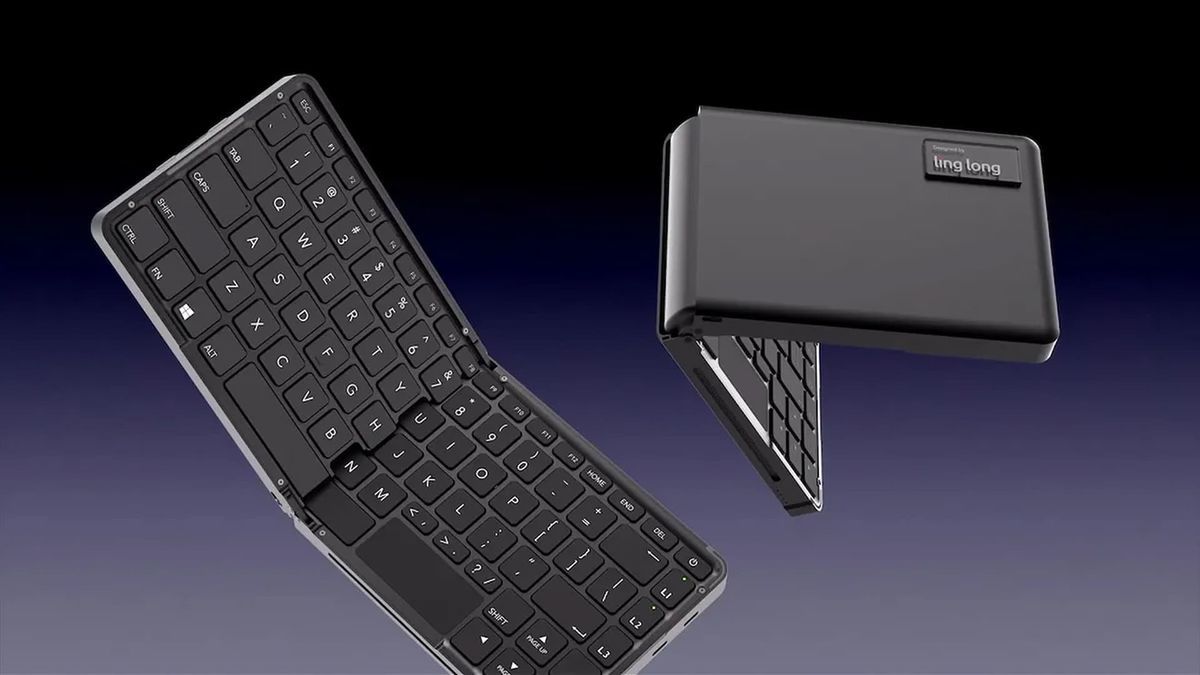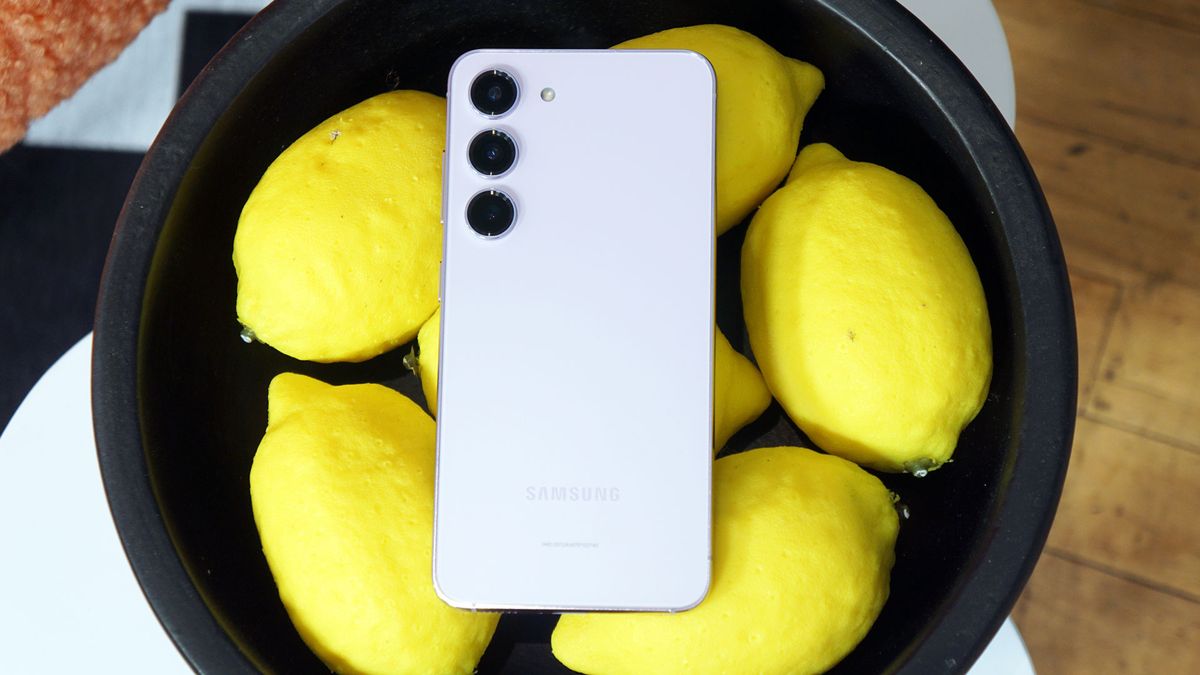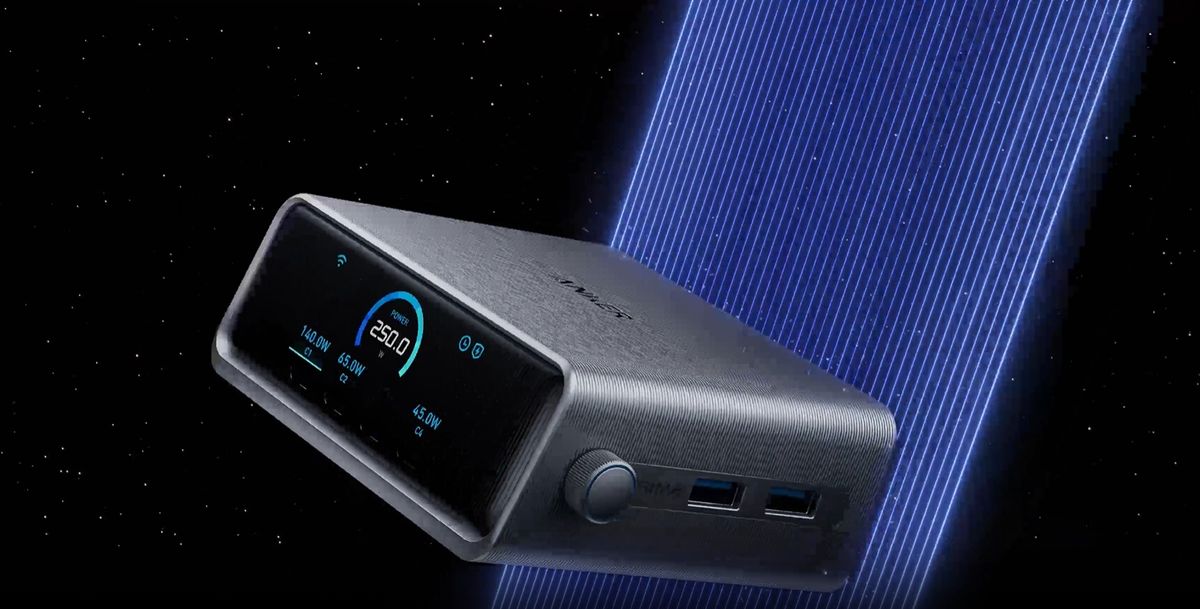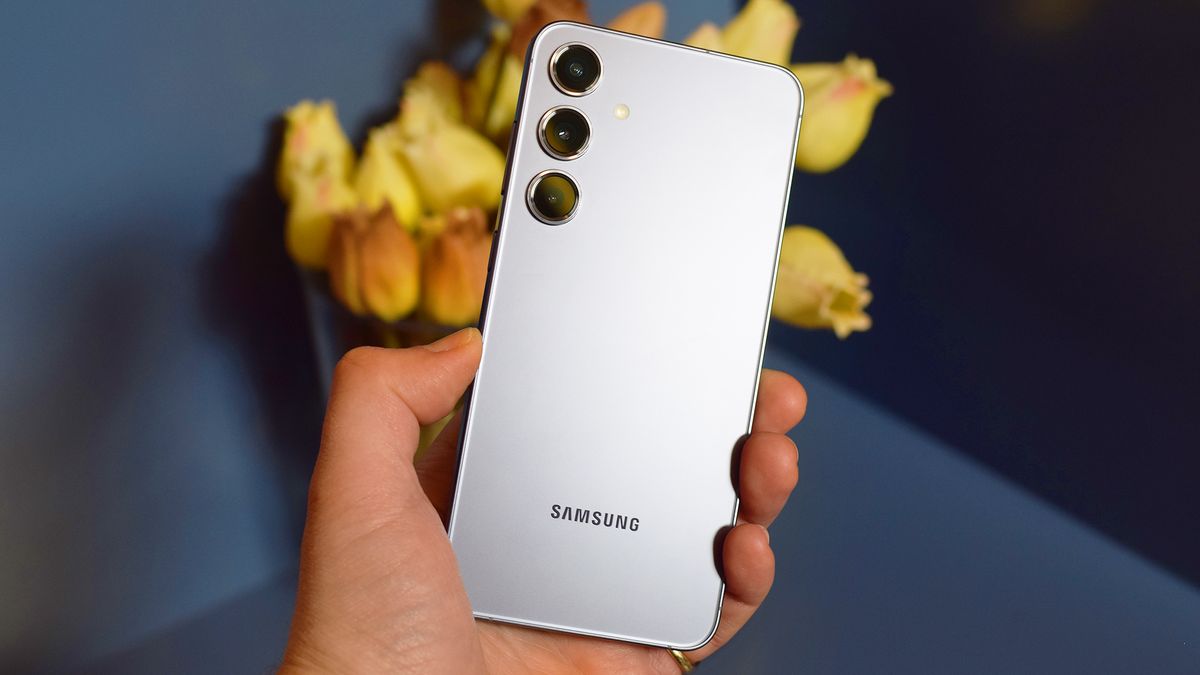In recent years, mini PCs have become all the rage, as consumers want cheaper machines that also take up very little space. It's been fascinating to see the different designs that manufacturers have come up with to fill this growing market.
And now there's a new contender for the spot of the most portable, unique, and size-efficient mini PC: a keyboard chassis that houses a full PC. It's called the Ling Long Folding Keyboard, and on one side is the battery, while on the other side are the motherboard, APU, memory, storage, and cooling system.
But what's most impressive is the processor it's equipped with, the AMD Ryzen 7 8840U. This is an eight-core Zen 4 processor with Radeon 780M graphics, giving the keyboard PC a serious boost of power while keeping the motherboard side below 42 degrees. And if you're worried about port selection and connectivity, it has USB Type-C and Type-A ports and support for Wi-Fi 6.
The included battery allows for 10 hours of productivity, six hours of entertainment, such as video streaming, and four hours of gaming. Various configurations are available, including up to 32GB of DDR5 RAM and up to 1TB of storage.
Considering all of this is designed to fit under the hood of such a small, lightweight, foldable keyboard, it's seriously impressive. It's the perfect mini PC for office workers who need to carry a laptop to work and back. It's ultra-cheap, too, costing just around $412 (£321 / AU$611) for the 16GB/512GB model and $495 (£385 / AU$734) for the 32GB/1TB model.
Mini PCs are here to stay
Instead of manufacturers concentrating so many resources on a losing arms race to make the best graphics cards, the best processors, or the best laptops, the primary focus should be on developing affordable PCs that the average worker can afford and easily transport if necessary.
The emerging mini PC market is already gaining a lot of ground, as evidenced by the increasing number of them being launched on the market under the name GMKtec Nuc M6 Casehe Miniforum AtomMan X7 Tiand the Geekom AX8 Pro. There is clearly a strong demand for this type of PC, and it continues to grow. Why continue to spend exorbitant amounts of money on building the most powerful laptops and desktops that offer ever-decreasing performance when you can put that effort and development cost into substantially cheaper machines that still offer incredible performance?
Hopefully, we'll continue to see this mini PC grow as more manufacturers realize it's a smarter investment. It would also solve the energy crisis that results from overly powerful components and the artificial intelligence that's fueled by that technology.









